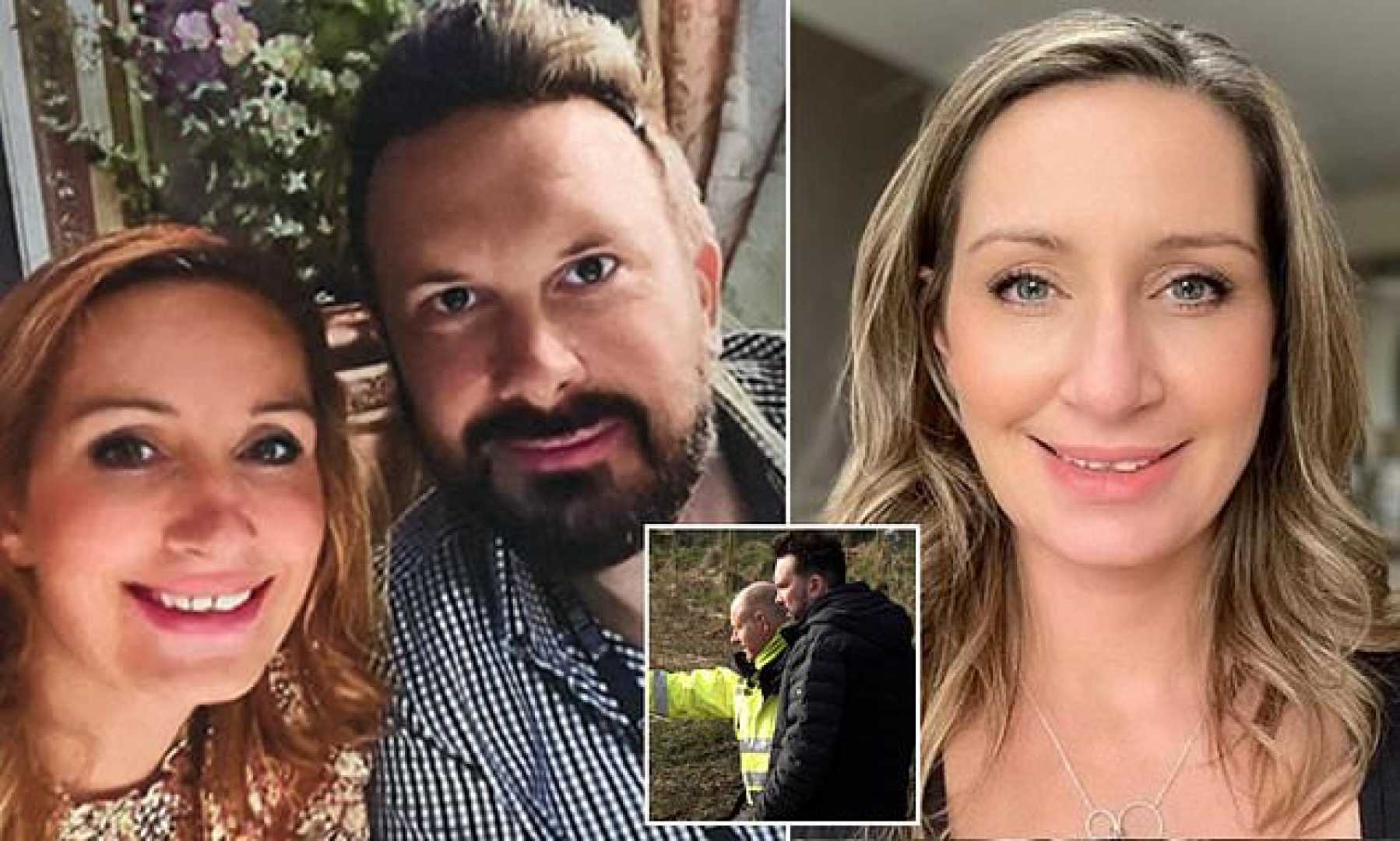Entertainment
The Documentary “The Search For Nicola Bulley” Sparks Debate Over Focus on Social Media

The recent BBC documentary titled “The Search For Nicola Bulley,” which chronicles the disappearance and subsequent investigation into the case of Nicola Bulley, has sparked considerable discussion and criticism among viewers. Nicola Bulley, a mother of two, vanished while walking her dog along the River Wyre in St Michael’s on Wyre on January 27, 2023. Amid an extensive search operation, her body was found three weeks later in the river, a development that intensified media and public scrutiny surrounding the case.
Rachel Lob-Levyt, the director of the documentary, aimed to portray the personal experiences and tribulations faced by Bulley’s family during the investigation. Lob-Levyt emphasized the challenges of managing the public narrative that had been shaped largely by widespread and often unfounded online speculation. During her remarks captured in various media outlets, she underscored the significance of maintaining “full transparency, communication, and honesty” when documenting such sensitive topics.
One of the central aspects of the documentary is the role of social media and its impact on the family’s experience. The programme highlights how the initial hope turned increasingly distressing as public curiosity transformed into rampant online fixation. Paul Ansell, Nicola’s husband, conveyed that, while the family initially appreciated the public interest, the “double-edged sword” of social media eventually silenced him under the weight of unfounded accusations and conspiracy theories. “You’re poking a monster,” Ansell mentioned regarding the online detectives who traveled to Lancashire to pursue their theories.
Numerous viewers shared similar sentiments about the portrayal of social media influences in the documentary. Many expressed frustration at the significant platform given to online sleuths and conspiracy theorists involved in the case. “Watching the Nicola Bulley doc, so sad but infuriating seeing the shameless grifters making TikTok videos etc, just vile! Her poor family,” one viewer shared, reflecting the broader discomfort with how platforms were utilized inappropriately.
The documentary includes commentary from true-crime podcasters and features footage from online platforms that chronicled individuals who engaged with the area following Bulley’s disappearance. This emphasis on the negative influence of social media sparked further criticism, with viewers questioning the decision to provide airtime to those who profited from the ordeal. “This documentary needs to stop giving these people any credibility or time,” voiced another discontented viewer.
In response to the issues raised throughout the documentary, it’s noteworthy that a coroner recorded Nicola Bulley’s death as accidental. She reportedly fell into the river and suffered “cold water shock,” with no evidence indicated to suggest suicide, according to official reports. This aspect of the investigation highlighted the disconnect between factual reporting and speculative narratives that dominated social media during the investigation.












